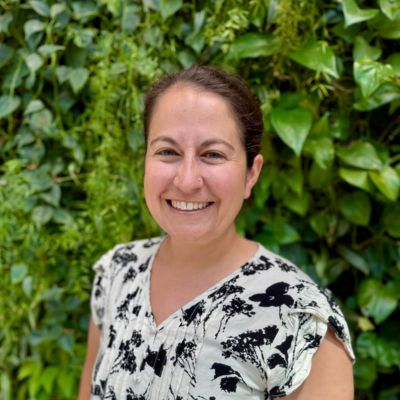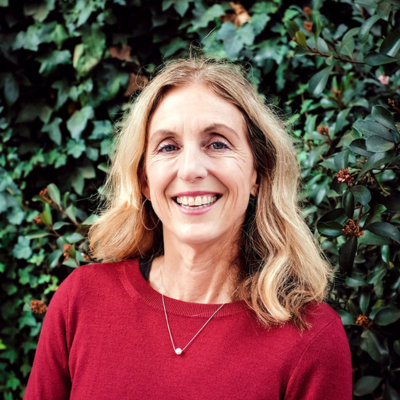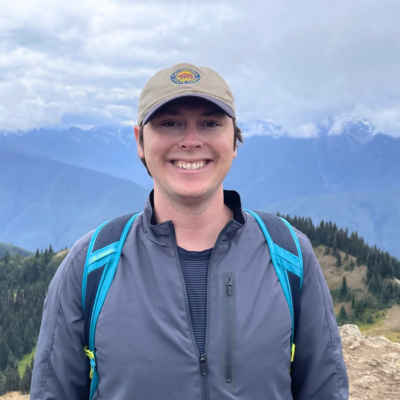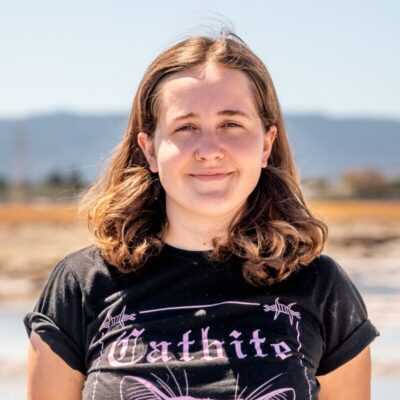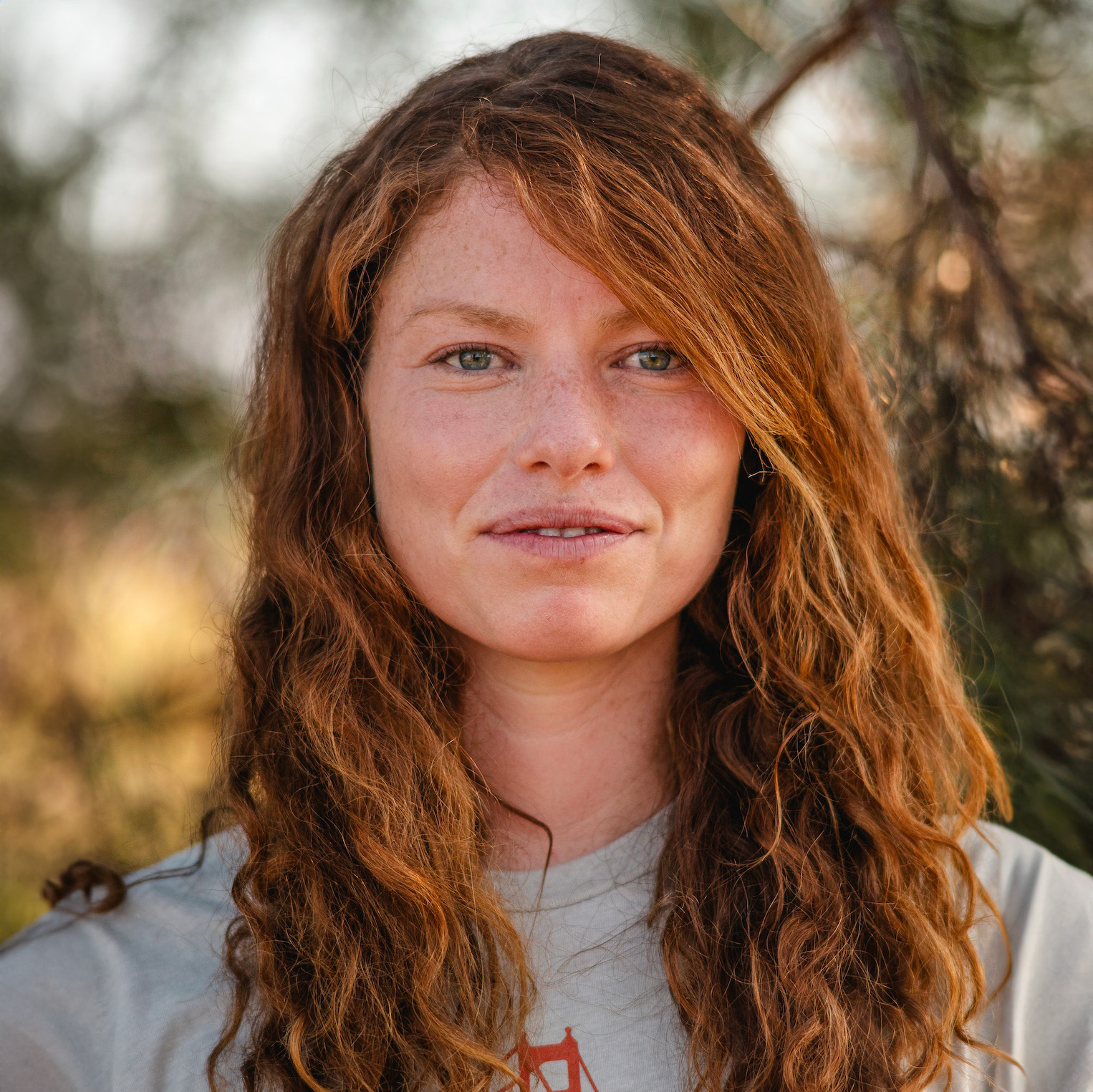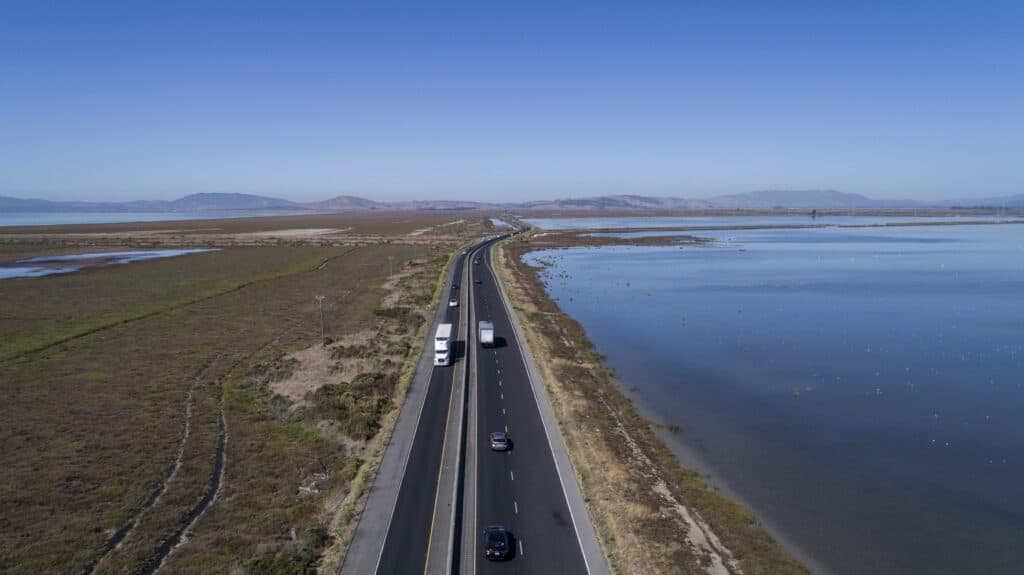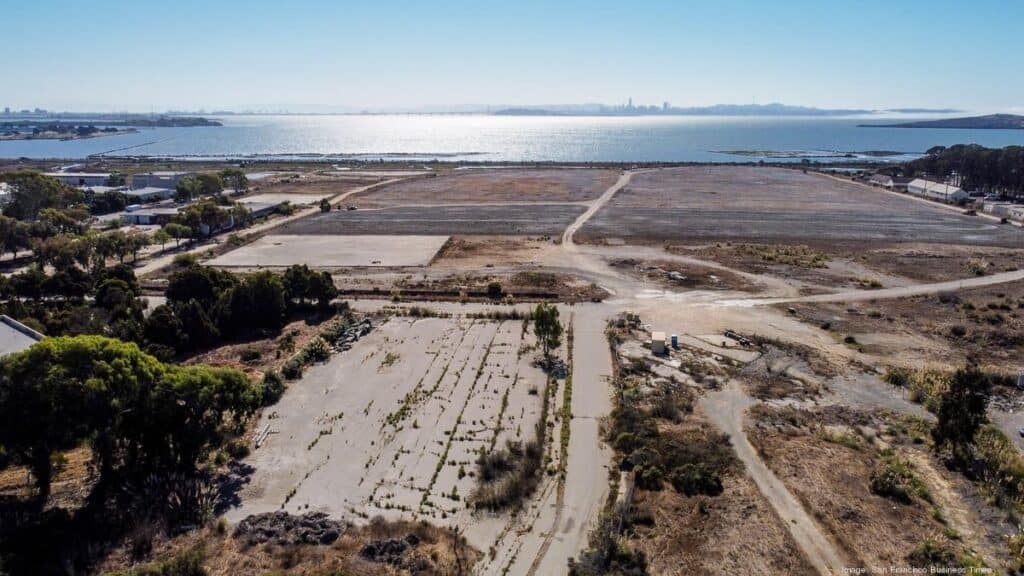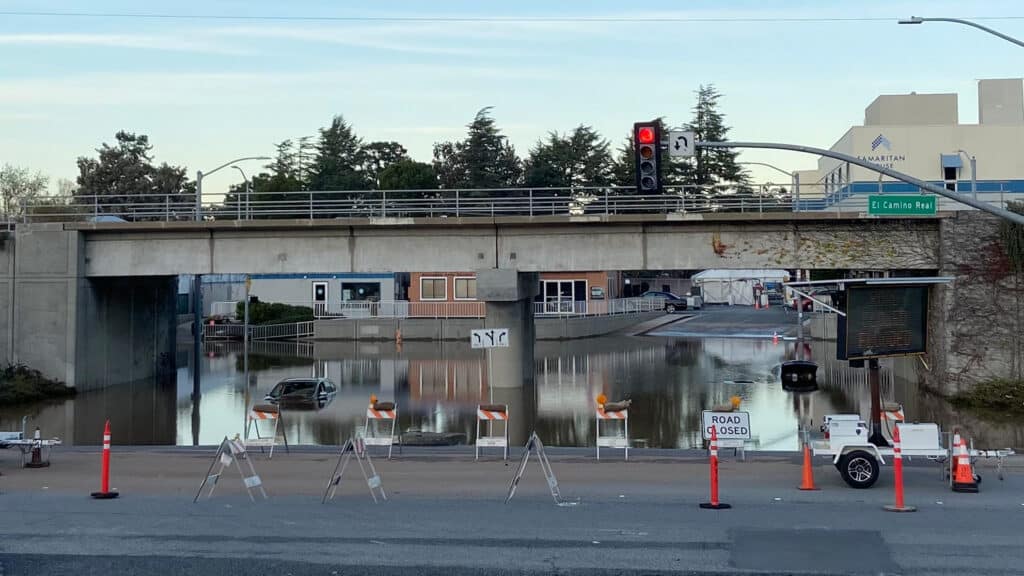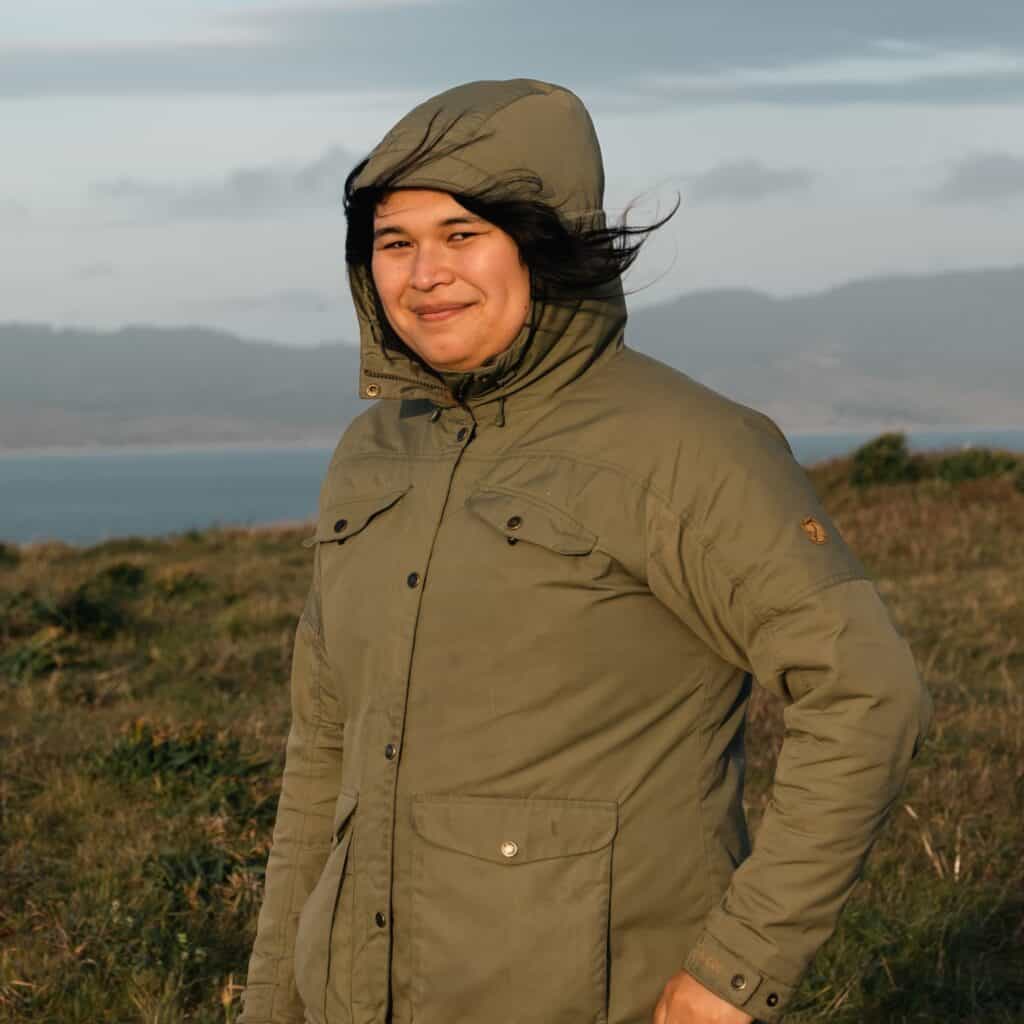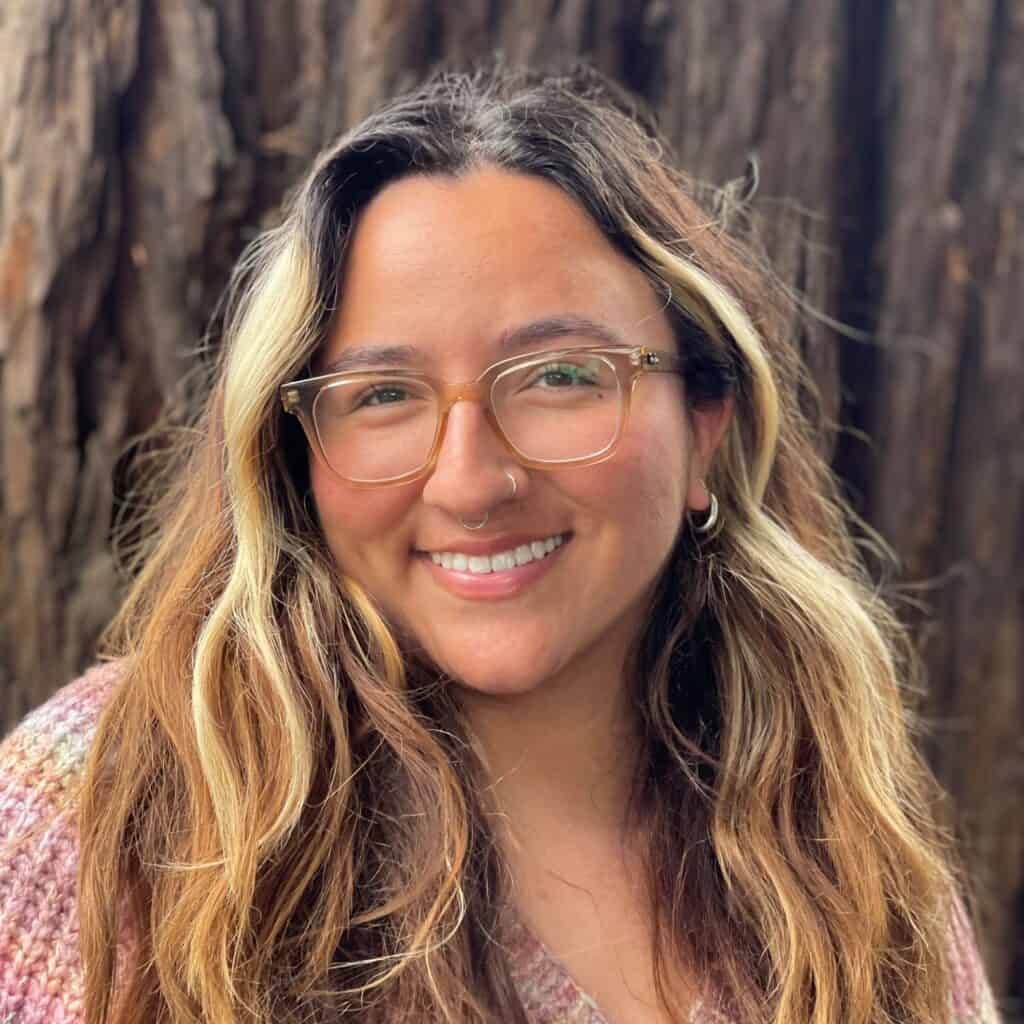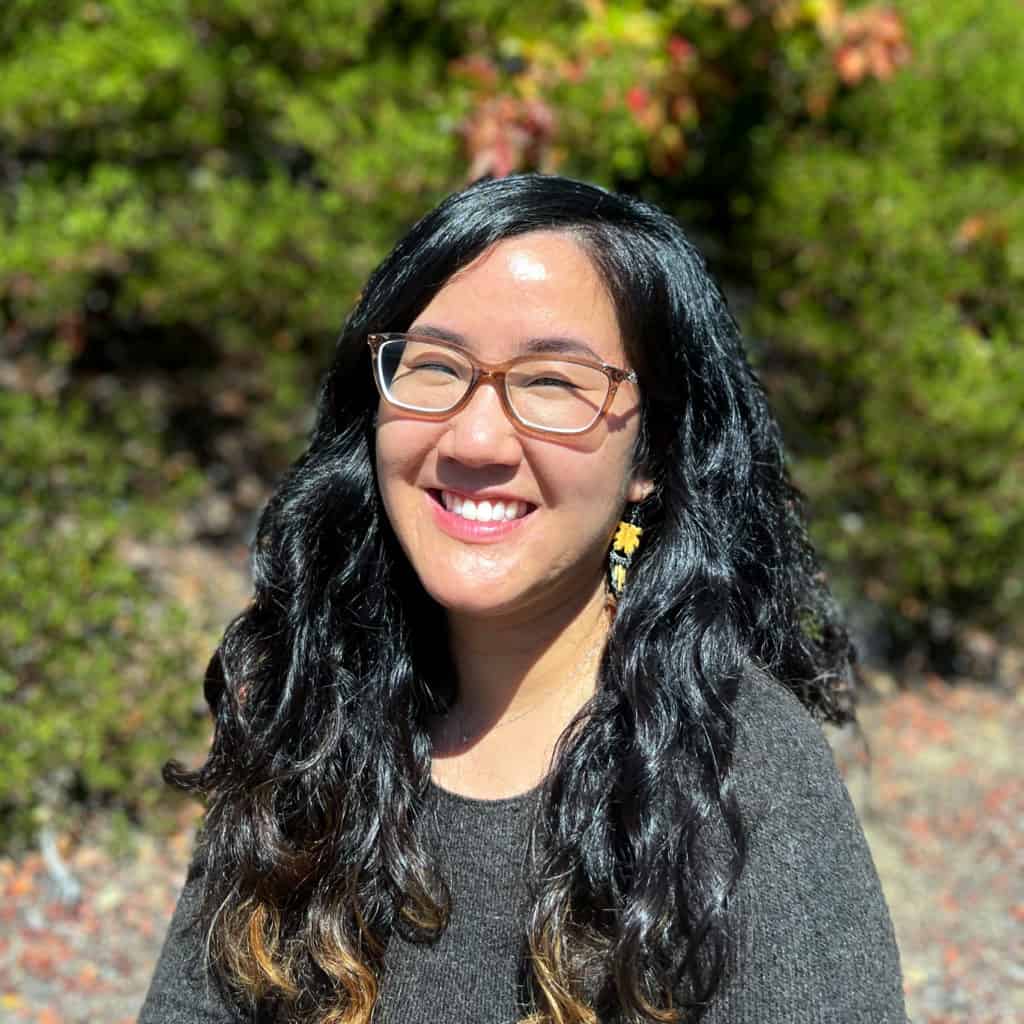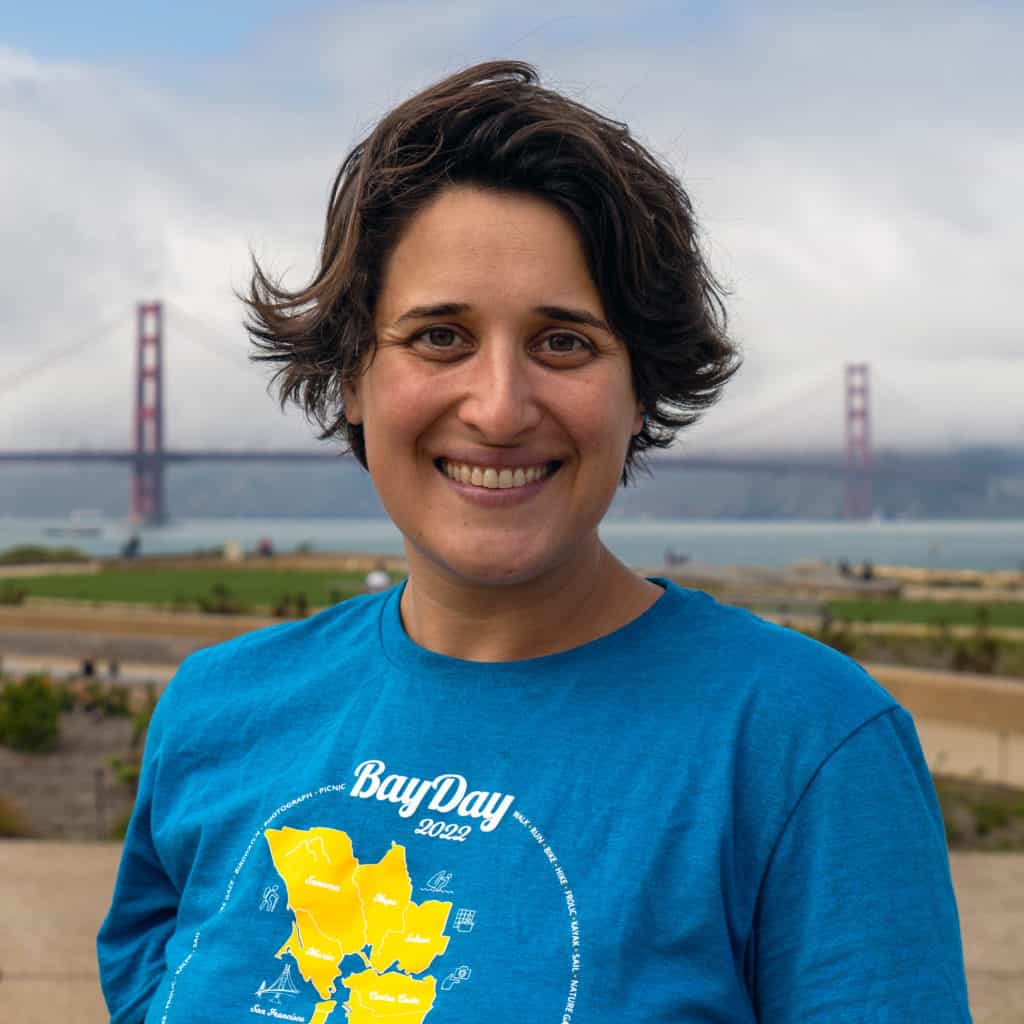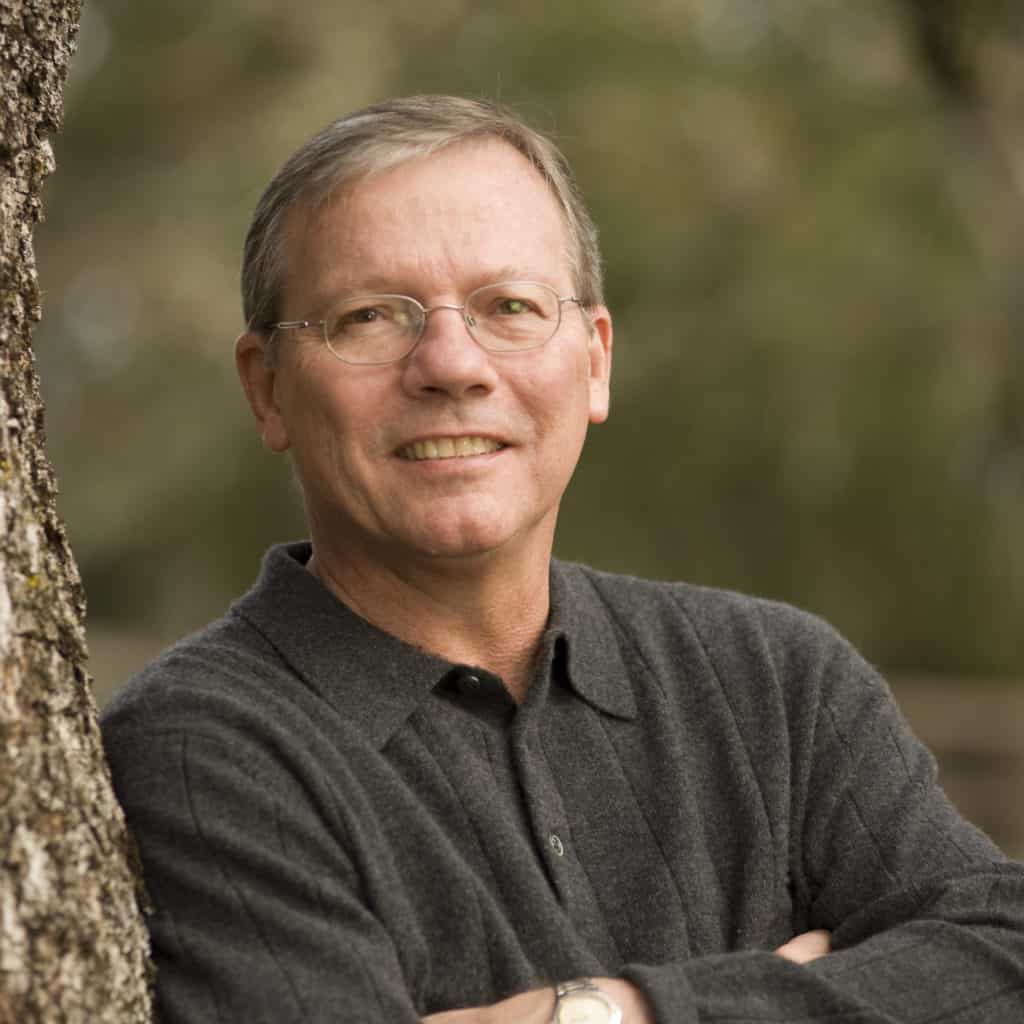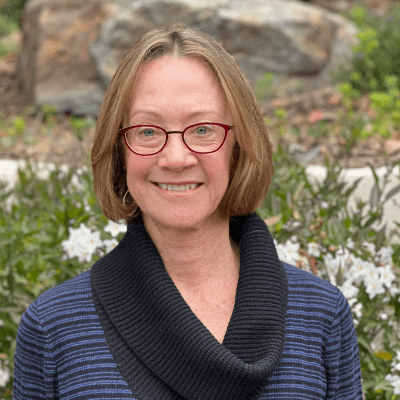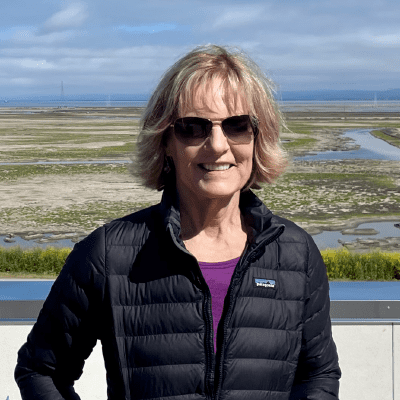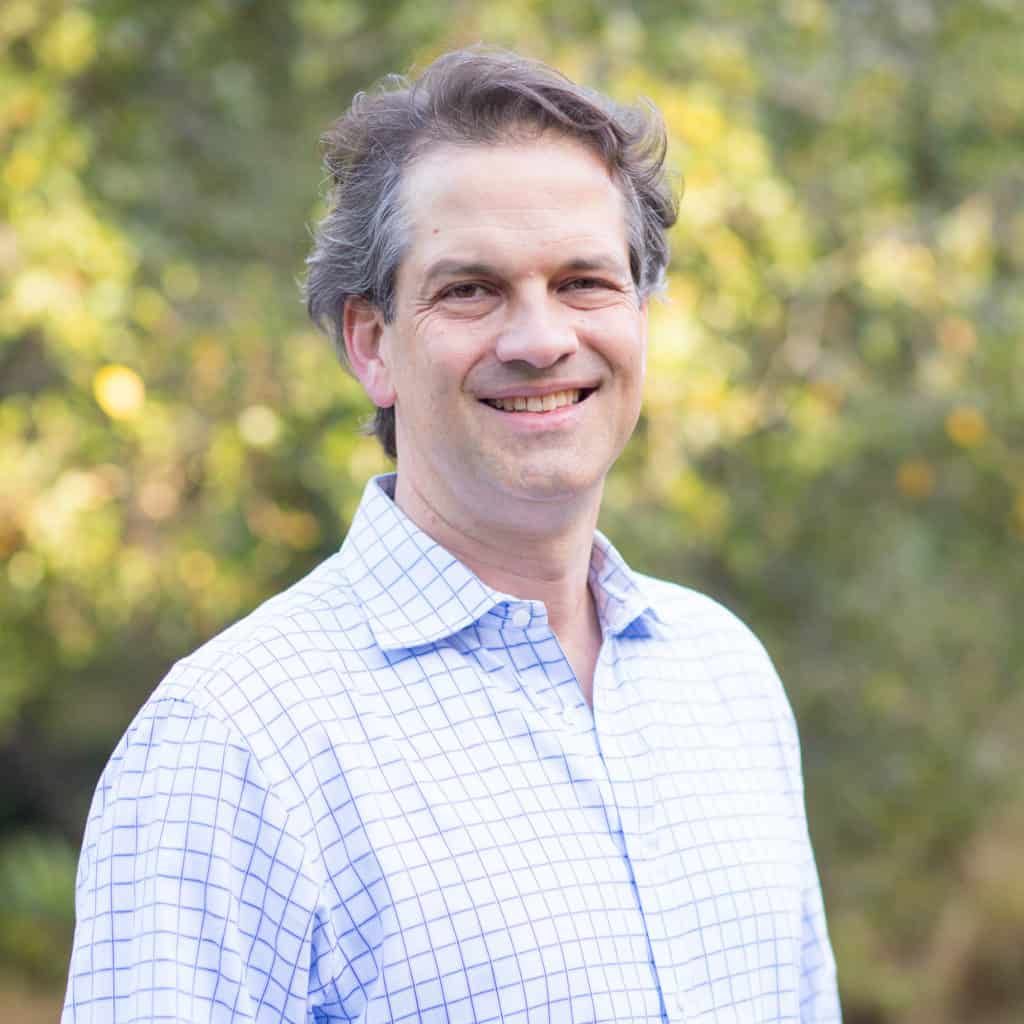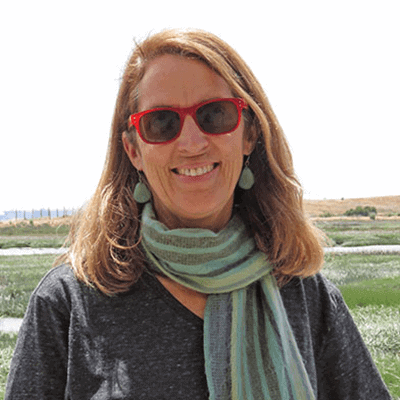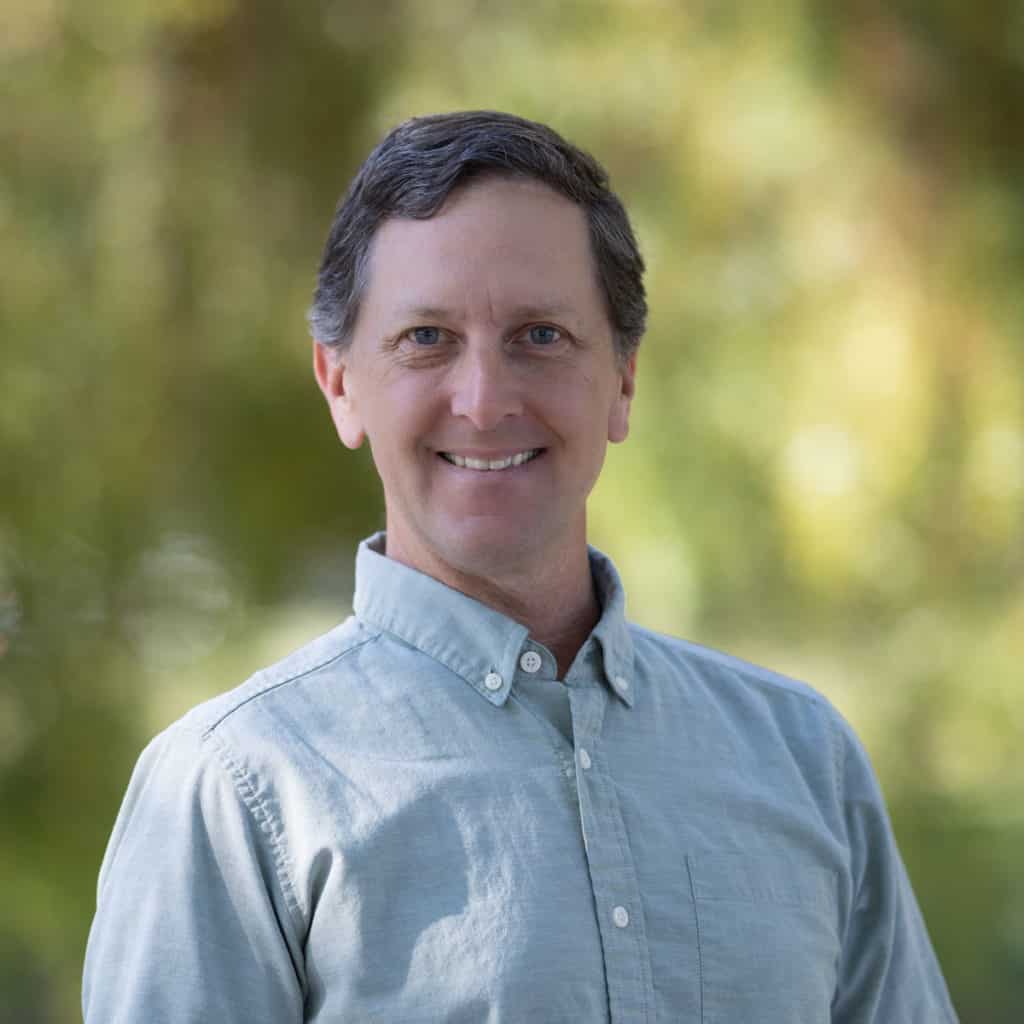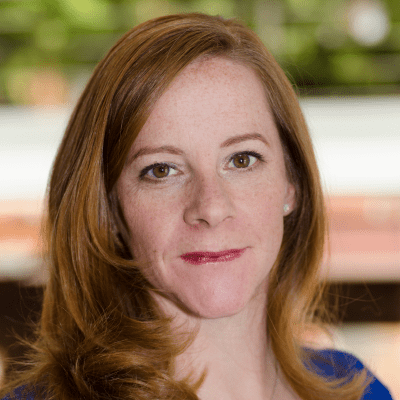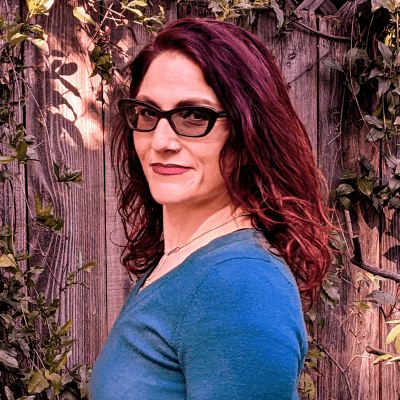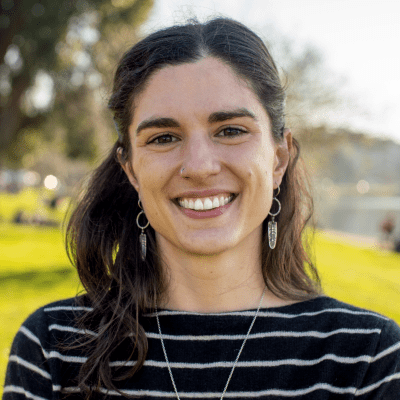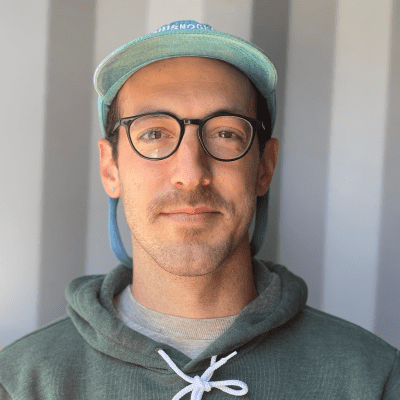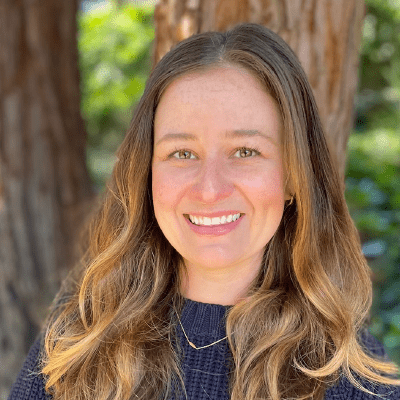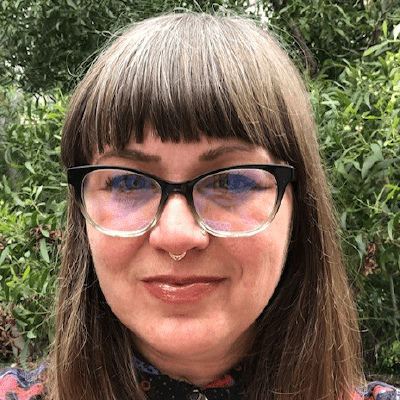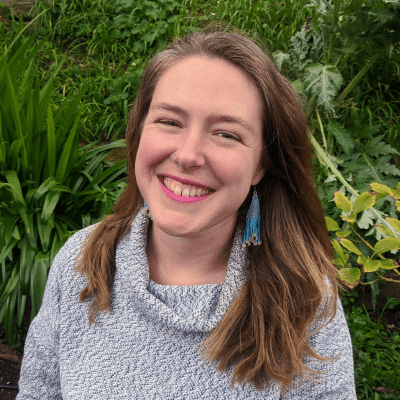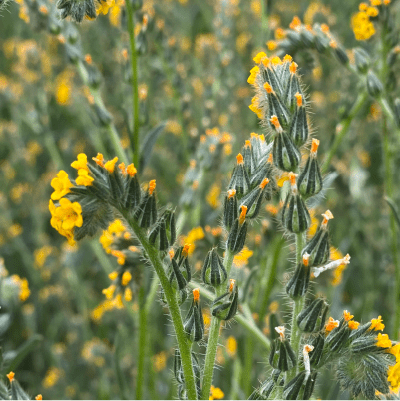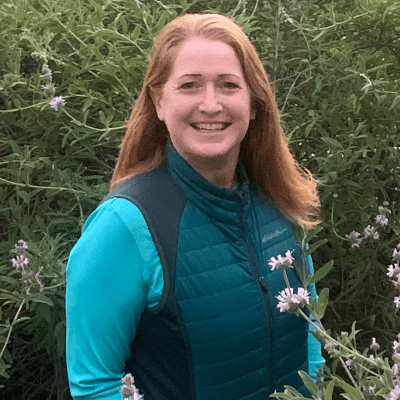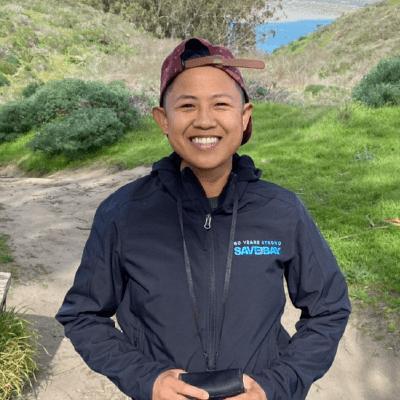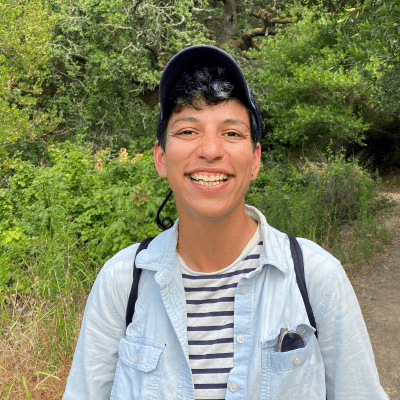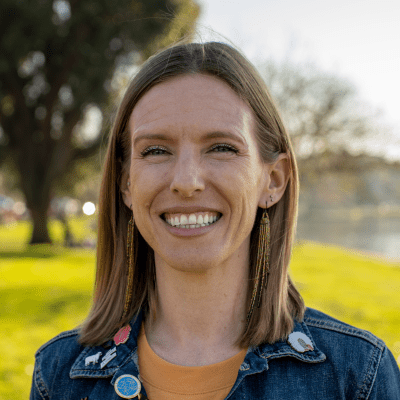One of Save The Bay’s strategies for building a cleaner, healthier, more resilient Bay Area is advocating for state policies that can make an impact in our region. We have a long legacy of advocating for state legislation that reduces pollution in the Bay, protects and restores the shoreline, and protects Bay communities from sea level rise and flooding.
Just last year, we successfully helped to advocate for SB 272 (Laird), which requires coastal and Bay-adjacent cities to create comprehensive and consistent sea level rise resilience plans. The passage of SB 272 achieved one of the goals we had identified in our Sea Level Rise and Flood Strategy by closing a regulatory gap by giving a regional agency – the Bay Conservation and Development Commission (BCDC) – authority to review and approve cities’ resilience plans.
During this year’s legislative session, we will continue to advocate for bills that protect people and wildlife from pollution, promote nature-based climate solutions, and allocate much-needed funding towards climate resilience.
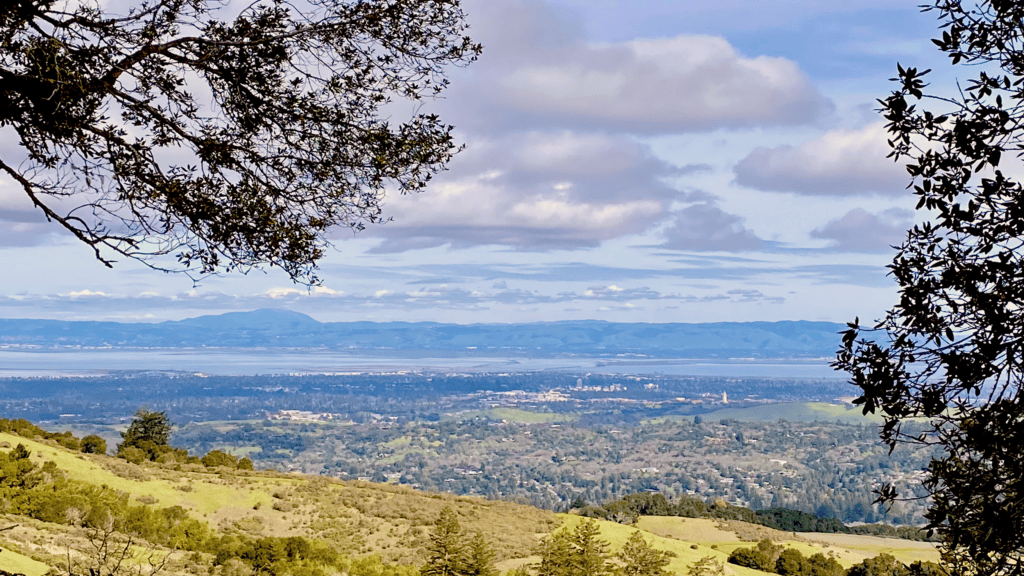
How We Prioritize Bills
With hundreds of bills being introduced, we must prioritize which bills we put our efforts behind. Some of the criteria we evaluate bills on include:
- Does the bill support our priority issue areas? We evaluate whether a bill would have a significant impact in promoting pollution prevention, sea level rise and flood resilience, urban greening, and/or dense, affordable, transit-oriented housing. We also make sure bills do not have any anticipated negative consequences.
- Are partner organizations supporting this bill? Sometimes partner organizations will have expertise on issues that we care about, so we will follow their lead on advocating for bills that they support. Additionally, working with partners to support a bill can help us strengthen our relationship with those organizations.
- Does this bill result in positive equity outcomes? We evaluate whether the bill provides benefits to BIPOC or low-income communities, advances Indigenous sovereignty or land access, addresses past harms of racist urban planning or environmental policies, or is supported by environmental justice partners.
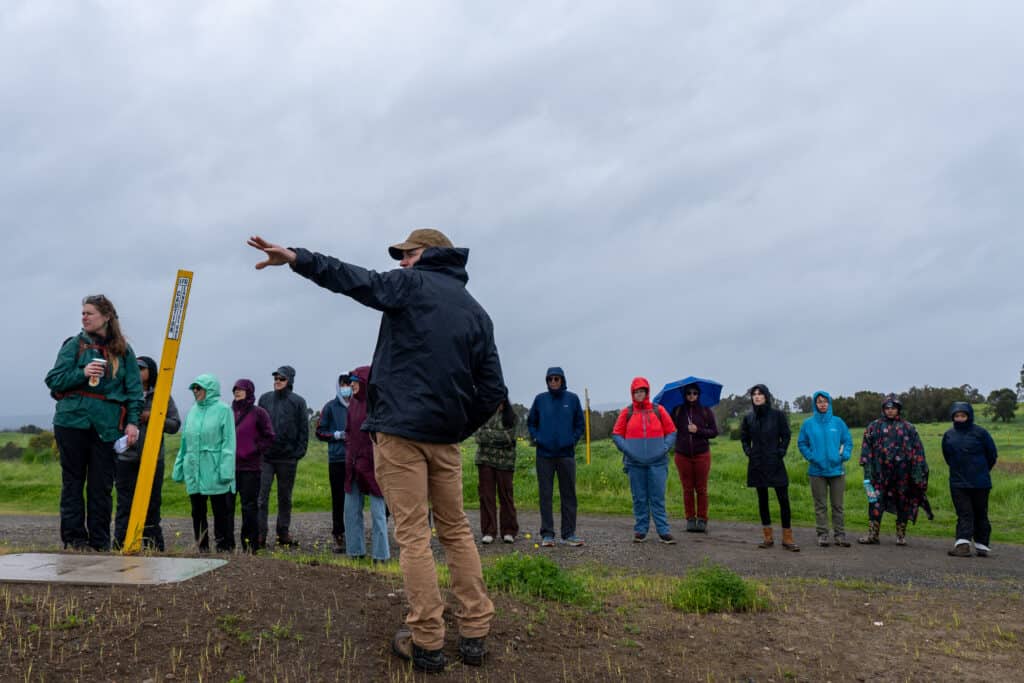
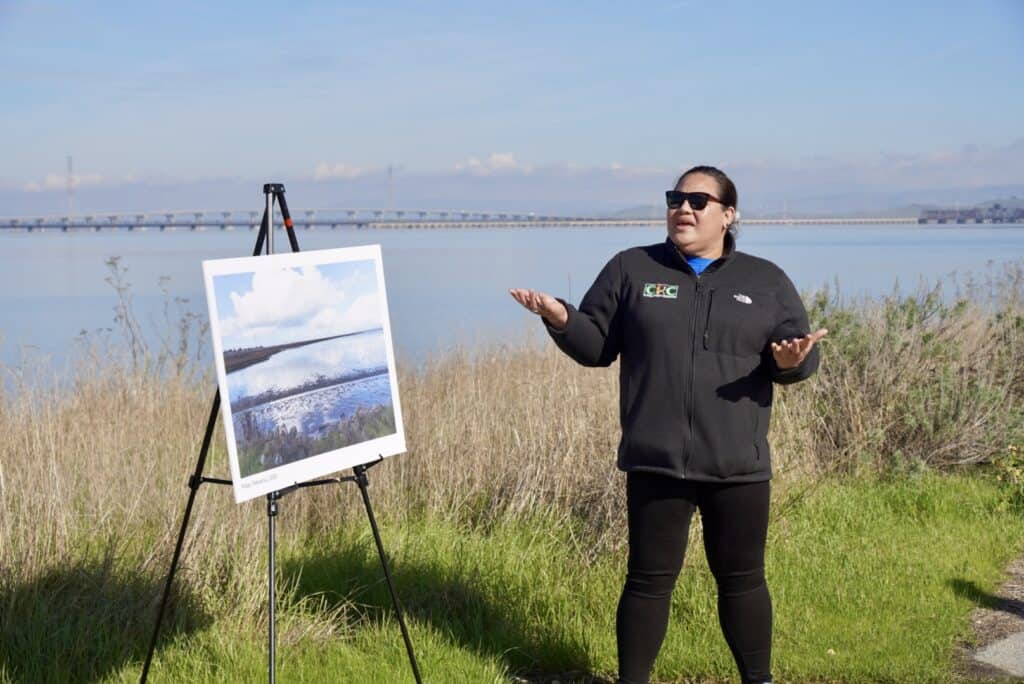
Bills That We Support This Year
Learn about some of the bills we are supporting this year.
Passing a climate bond is one of Save The Bay’s top legislative priorities this year. The bond would provide billions of dollars to invest in California’s climate resilience, including solutions to wildfire, drought, extreme heat, extreme storms, and sea level rise. In particular, Save The Bay is advocating for the bond to include significant funding for sea level rise and shoreline resilience, as there are dozens of shovel-ready shoreline projects in the Bay Area that await funding.
In 2014, Save The Bay supported the original plastic bag ban bill, SB 270 (Padilla). However, the 2014 bill left a loophole that allows grocery stores to provide thicker plastic film bags which are a significant source of waste in California. Studies have shown that these thicker plastic bags find their way into landfills and waterways rather than being recycled or reused.
SB 1053 (Blakespear) and AB 2236 (Bauer-Kahan) are two identical bills which would close loopholes in the original law and enforce its original intent by banning grocery and certain retail stores from providing any kind of plastic film bags, including the thicker plastic bags that are currently exempted from the ban. This bill would reduce our reliance on single-use plastics, which from production to disposal are harmful to the environment and human health.
The SALMON Act (Saving Aquatic Life from Manufactured Oxidized Nano-chemicals Act) would address a chemical found in car tires called 6PPD that is toxic to ecologically important fish species such as salmon and steelhead trout. 6PPD is released onto roads due to car tire wear and tear where it is then washed by runoff into waterways. This bill would require Caltrans to conduct a pilot project to study the effectiveness of using bioretention and biofiltration (forms of green stormwater infrastructure) along highways to capture and filter out 6PPD before it can reach our waterways.
Green Schoolyards America, the sponsor of this bill, describes green schoolyards as spaces that “transform asphalt-covered school grounds into park-like green spaces that improve children’s well-being, learning, and play while contributing to their communities’ ecological health and climate resilience.” Green schoolyards incorporate nature-based solutions that can help reduce localized flooding by capturing runoff and filtering out contaminants. Since schools are a top landowner in most cities, we believe they’re an important piece of the puzzle when it comes to building climate-resilient green infrastructure.
This bill would remove some of the cost barriers associated with building new green schoolyard projects.
Per-and polyfluoroalkyl substances, or PFAS, are a class of 14,000 toxic chemicals that are also known as “forever” chemicals because they do not break down readily in the environment. They are common in many common products including plastics, cleaning products, non-stick coatings, and personal care products. They are pervasive in the environment, having been found in water, soil, and even human blood. In the San Francisco Bay environment, PFAS have been found in bird eggs, harbor seals, and fish that are caught by subsistence fishers. They are linked to serious health effects, including cancer, decreased fertility, hormone disruption, liver disease, developmental harm, and immune system suppression.
This bill would define “non-essential uses” of PFAS and prohibit the sale and distribution of products with non-essential uses of PFAS in California beginning January 1, 2034.

